14 Views
Analysis: Will Cars Be "The Cigarette Of The Future"?
by
Derek Kreindler
(IC: employee)
Published: May 8th, 2013
Share
TTAC’s forays into areas like law, politics and economics are not everyone’s cup of tea, but they do matter. The dry, dense topics like regulation and financial topics have real implications for car enthusiasts, not to mention society as a whole. One subset of that is urban planning, a discipline which can have an enormous impact on our favorite hobby.
Derek Kreindler
More by Derek Kreindler
Published May 8th, 2013 8:30 AM
Latest Car Reviews
Read moreLatest Product Reviews
Read moreRecent Comments
- ToolGuy 9 miles a day for 20 years. You didn't drive it, why should I? 😉
- Brian Uchida Laguna Seca, corkscrew, (drying track off in rental car prior to Superbike test session), at speed - turn 9 big Willow Springs racing a motorcycle,- at greater speed (but riding shotgun) - The Carrousel at Sears Point in a 1981 PA9 Osella 2 litre FIA racer with Eddie Lawson at the wheel! (apologies for not being brief!)
- Mister It wasn't helped any by the horrible fuel economy for what it was... something like 22mpg city, iirc.
- Lorenzo I shop for all-season tires that have good wet and dry pavement grip and use them year-round. Nothing works on black ice, and I stopped driving in snow long ago - I'll wait until the streets and highways are plowed, when all-seasons are good enough. After all, I don't live in Canada or deep in the snow zone.
- FormerFF I’m in Atlanta. The summers go on in April and come off in October. I have a Cayman that stays on summer tires year round and gets driven on winter days when the temperature gets above 45 F and it’s dry, which is usually at least once a week.



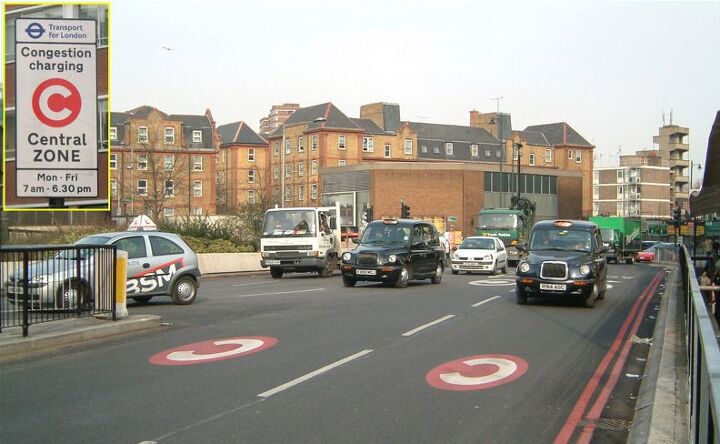

















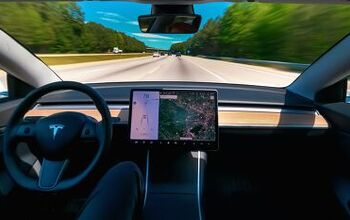

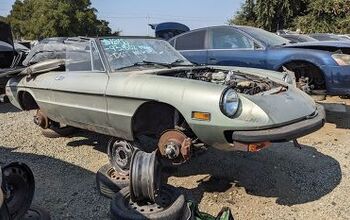





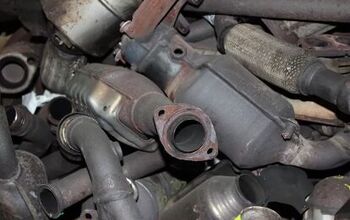
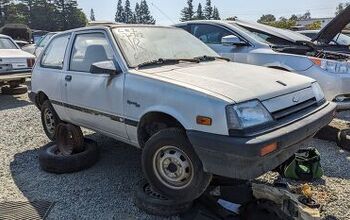


Comments
Join the conversation
So progressives oppose government subsidies for roads. Check. I knew I would find one eventually.
Cars are indispensable and will remain that way for imaginable future. The next "cigarette" is going to be milk. Annually, tenfold more people get cancer from drinking milk then die in cars and one day soon the sheeple will wake up to this. Until then, don't drink (milk) and drive!